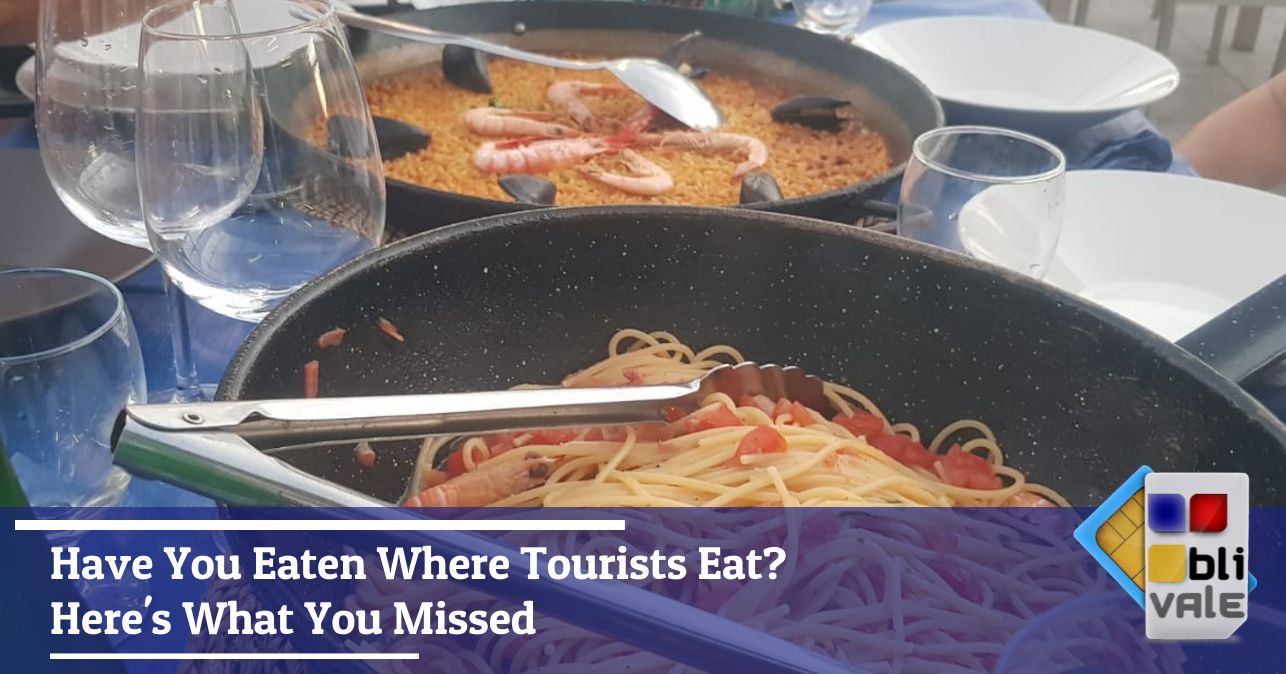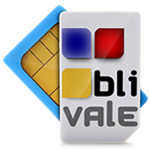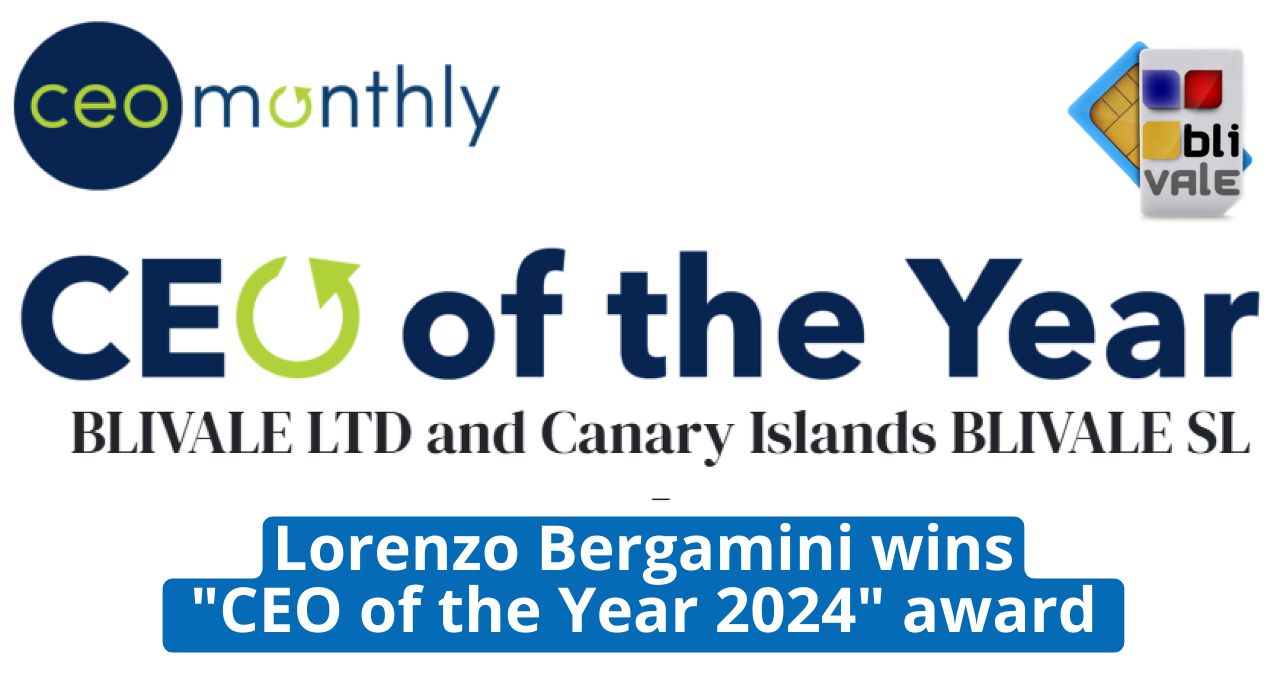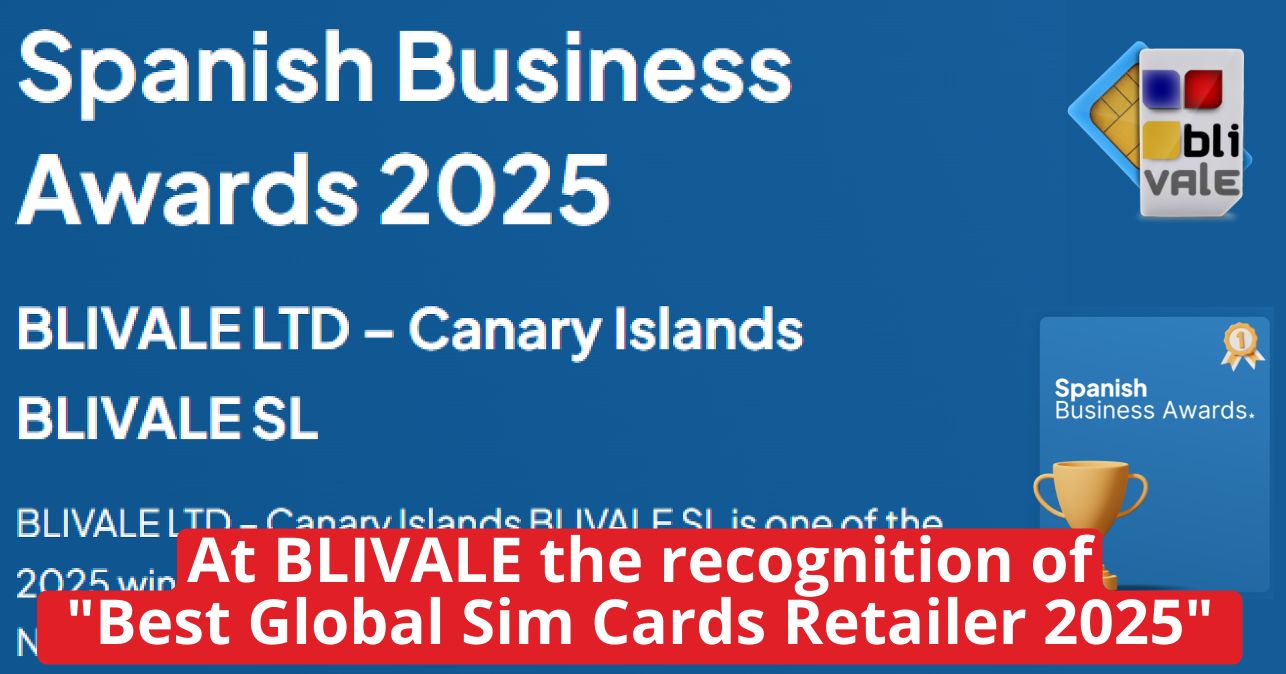You know that feeling? You've just returned from a trip and a colleague tells you about that hidden restaurant where he ate the best meal of his life. No flashy signs, no glossy photos, just authentic flavors and fair prices. What about you? You spent double the price at a place with a menu translated into seven languages and the most touristy paella in Valencia.
The truth is simple yet brutal: the true flavor of a place is hidden where the locals eat . Not on the main streets, not in the central squares, but in those little streets where the waiter looks at you in surprise when you enter because you're not a local.
The Incomprehensible Menu Is Your Entrance Ticket
Paradoxically, the best restaurants are often the ones where you can't understand a word on the menu. That trattoria in Naples where the grandmother doesn't speak English, that izakaya in Tokyo with signs only in kanji, that tasca in Lisbon where the menu is handwritten in broken Portuguese.
The language barrier isn't an obstacle: it's a natural filter that keeps mass tourism at bay and preserves authenticity. But what if you could overcome that barrier while maintaining the authentic experience?
Imagine pointing your smartphone at a menu written entirely in Thai. In three seconds, you understand each dish, know the ingredients, and discover which dishes locals usually order. You're no longer a confused tourist ordering "whatever he wants," pointing to the next table.
From Tourist Trap to Gastronomic Discovery
We recognize the signs of tourist traps: photos of dishes outside, staff calling you from the street, menus in ten languages, inflated prices, standardized portions. Places where the culinary soul has been sacrificed on the altar of mass tourism.
Authentic restaurants have opposite characteristics : a basic (sometimes non-existent) menu, local clientele, clear and honest prices, daily specials based on fresh ingredients, grandmothers in the kitchen, recipes handed down for generations.
But how do you find them? Online reviews often lie. TripAdvisor is flooded with purchased reviews. Travel guides are out of date before they're printed. Word of mouth works, but it takes time and luck.
Constant internet connection transforms this search from impossible to natural . Local apps used by residents, real-time maps with authentic reviews, neighborhood forums where they discuss the new chef at the corner restaurant.
The Art of Deciphering Cultures Through Food
Every dish tells a story. Vietnamese pho originated in the street kitchens of Hanoi in the 1920s. The original carbonara pasta doesn't contain cream (and mentioning this in Rome without knowing can get you a dirty look). Traditional Japanese sushi is completely different from what you eat in the West.
Knowing these stories transforms a meal into a cultural experience . But how do you access this information when you're sitting in a Kyoto restaurant and the menu is in Japanese?
With the right connection, you search in real time. You discover that that strange pig intestine dish is a local delicacy served only in three restaurants in the city. You learn that that particular cooking method dates back to the Edo period. You understand why that ingredient is used only in this region.
Your palate doesn't just taste food: it experiences the history, geography, and culture of a people .
The Invisible Technology of the Intelligent Traveler
Savvy travelers have a secret: they seem to improvise, but they're actually hyper-connected. While seemingly wandering aimlessly, they're getting real-time recommendations from local apps, translating conversations, checking opening hours, and reading recent reviews.
BLIVALE eSIM Unlimited is the invisible ally of the modern gastronomic explorer . No queues for local SIM cards, no complicated setup, no surprises on your bill. Activate your eSIM before you leave and land already connected.
Imagine this scenario: you're walking the streets of Bangkok, your smartphone vibrates with a notification. A pop-up night market has set up 500 meters away. It's only open on Thursday evenings. It sells Isaan specialties you won't find in tourist restaurants. You arrive, translate the signs, order like a local, and discover flavors no guidebook mentions.
Small Gestures That Make a Big Difference
Know how to say "thank you" in the local language. Know table etiquette (in Japan, you don't spear food with chopsticks; in the Middle East, you eat with your right hand; in Korea, you pour drinks for others, never yourself). Know whether or not to tip, and how much.
These details transform the experience . Restaurateurs look at you differently when you show respect for their culture. The service changes, the portions improve, sometimes they offer you a special "off-menu" tasting.
Being connected means you can instantly check: "How do you say thank you in Georgian?", "Do you tip in Japan?", "How do you hold your cutlery in Ethiopia?" Small searches lasting a few seconds can avoid embarrassing situations and open doors.
If you are thinking of taking a trip alone or with friends or for work, do not forget the importance of staying connected wherever you are. For unlimited Internet connection, contact BLIVALE where you can get unlimited Internet according to the destinations:
For unlimited plans like data BLIVALE guarantees free roaming anywhere in the world, no additional or hidden costs. Don't let the lack of connection stop you; get ready to explore the world with freedom and spontaneity.
From Plate to Kitchen: The Complete Experience
The best food memories are born from human interaction. That time the chef came out of the kitchen to explain the recipe. When your Italian grandmother invited you to see how she makes fresh pasta. That moment when the Thai street food vendor showed you how to flip pad thai.
Digital connection facilitates human connection . Translate your questions in real time. Show the chef photos of their dishes you've admired online. Discover their unannounced cooking classes and book them immediately.
Some family-run restaurants organize unique experiences: dinners in private homes, dawn market visits to select ingredients, impromptu cooking classes. But these opportunities aren't on Booking.com or TripAdvisor. They're discovered through local apps, neighborhood Facebook groups, and platforms tourists don't know about.
Food as a Cultural Bridge
Eating isn't just about nourishing oneself: it's about communicating, sharing, celebrating. In many cultures, refusing food is considered offensive. In others, completely emptying your plate is considered rude. Understanding these nuances creates authentic connections.
A connected traveler is a respectful traveler . They can verify before unknowingly offending. They can discover the cultural significance of a dish before ordering it. They can understand why certain ingredients are sacred or taboo.
I've seen travelers form lasting friendships simply by showing genuine interest in local cuisine. The restaurant owner who invites you to the family table. The cook who gives you a handwritten recipe. The fisherman who takes you to the fish market at five in the morning.
These experiences can't be bought: they are earned with curiosity, respect, and connection .
The Personal Gastronomic Map
Every traveler builds their own flavor map. That place in Istanbul where they make the best kebab. That gelateria in Florence where Florentines line up. That street vendor in Mumbai who makes the perfect chaat.
With a reliable connection, this map becomes alive and shareable. Save precise locations, write notes immediately after your experience, and share tips with friends who will be visiting that destination. Not just "the restaurant near the square," but exact coordinates, photos, and specific details.
BLIVALE eSIM Unlimited lets you be the traveler who saves, catalogs, and shares. Who creates a personal collection of authentic gastronomic experiences. Who becomes the go-to place for friends: "Going to Hanoi? Hold on, I'll send you my secret spots."
Mistakes You'll Never Make Again
Ordering "chicken" in a Chinese restaurant and discovering it's chicken feet. Ordering a coffee in Italy at 4 PM and getting puzzled looks. Entering a Moroccan restaurant during Ramadan at noon.
These mistakes are educational but avoidable . A quick search while walking to the restaurant will inform you. "Is it normal to eat late in Spain?" Yes, dinner starts after 10:00 PM. "What does 'omakase' mean at a sushi bar?" It means letting the chef decide for you.
The difference between looking like an unwary tourist and an informed traveler often lies in a well-timed 30-second search.
The Real Value of Investment
How much is it worth eating in places you'll remember for a lifetime rather than in forgettable tourist restaurants? How much is it worth avoiding expensive traps and discovering authenticity at fair prices? How much is it worth enriching every trip with profound cultural experiences?
An unlimited international eSIM isn't an expense: it's an experience multiplier . Turn every meal into a potential adventure. Every road into a possible discovery. Every language barrier into an opportunity to connect.
The cost? Negligible compared to the value of a single memorable meal found thanks to the right connection. Negligible compared to the wealth of experiences it unlocks.
It's Time to Transform Your Traveling Style
Don't wait until your next trip to regret missed opportunities. Don't return home with a list of "should haves." Don't settle for a tourist menu when authentic local cuisine is just 200 meters away.
Become the food explorer you've always wanted to be . The one who discovers hidden gems. Who experiences food as a cultural experience. Who returns with stories, not just standard photos.
BLIVALE eSIM Unlimited connects you to over 150 countries, instant activation, and unlimited data. No surprises, no complications, just the freedom to explore without limits.
The world has incredible flavors to offer. The question is: are you ready to truly discover them?









